Latest Posts
The epidemic outbreak in South Korea may be the beginning of a “nightmare” in the micro SD supply chain?
On January 20, the first case of new coronavirus infection was confirmed in South Korea, the epidemic spread faster than expected in less than a month. Until 9:00 am on the 28th local time, 256 new cases of COVID-19 were added in South Korea compared with the data collected at 4:00 pm the previous day, the total confirmed cases has reached 2022.
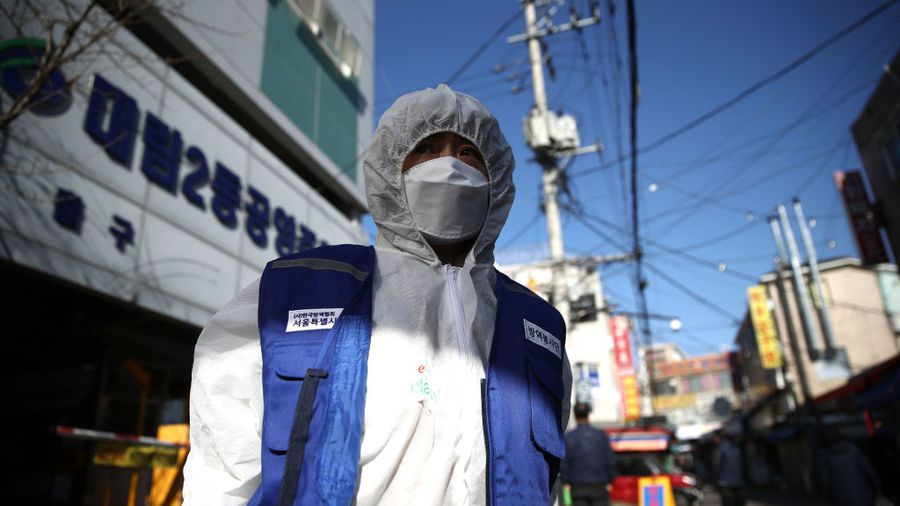
In order to prevent mass infection, South Korea designated Daegu and Gyeongsangbuk-do as special controlled areas on the 25th, and adopted super-strong “block measures” to stop the spread of the epidemic. “The highest level of blockade” means strengthening the epidemic prevention network and blocking the spread of the epidemic within the community. But it does not mean to block every road in the city. It is known that currently, more than 80% of the total cases in Korea are diagnosed in Daegu and Gyeongsangbuk-do.
Gumi City, located in Gyeongsangbuk-do, has many large Korean companies’ manufacturing plants. The epidemic break greatly affected their production.
Considering the rising number of coronavirus patients in South Korea, SK Hynix, Samsung Electronics, LG Electronics and other companies in South Korea are taking precautionary measures.
On the 20th, about 800 employees of SK Hynix in Icheon Park, which is about 70 kilometers south of Seoul, were required to quarantine themselves. The park has about 18,000 employees. SK Hynix said that the company spotted that a new employee had had close contact with a new coronavirus patient in Daegu Metropolitan City and developed symptoms of pneumonia. The employee was then sent to a nearby hospital for a new coronavirus nucleic acid testing. The company shut down the company’s education center on Wednesday and sent 280 new employees home. It also closed internal clinics that were visited by the affected new employees. However, the discovery of the novel coronavirus did not affect the normal operation of its plant.
On the 22nd, Samsung Electronics announced that a novel coronavirus case had been confirmed at its mobile device factory in Gumi City, causing its entire factory to be closed until around 1pm on February 24th. Samsung said the company has quarantined colleagues who have been in contact with the infected employee and has taken steps to test them for possible infections. The plant mainly produces high-end smartphones for the local market, but it also produces Samsung’s new Galaxy Z Flip phones.
On the 28th, Hyundai Motor said that an employee in Ulsan plant, which is located at the southeast South Korea, was confirmed for novel coronavirus pneumonia. The plant has been closed and is being disinfected.
Major companies currently located in Gumi include Samsung, Samsung SDI, LG Electronics, LGD, Hanwha and others. After a Samsung employee was diagnosed, Samsung immediately closed the factory. Samsung SDI has written to employees working in Gumi and across the country requesting that they wear masks at work, and will further strengthen management and supervision, including: always wearing a mask when getting on and off the bus and entering the company. Non-compliance will be restricted.
The LG Group also base its main production base in Gumi. LG Electronics proposed to restrict business travel between factories across the country after confirming diagnoses in the Incheon Park, especially trips to Daegu and Gyeongsangbuk-do areas. Taditional conference formats were replaced by video conferences in Gumi, allowing employees who have worked in the above areas to work from home. LG Display also requests employees who have been to the Daegu area not to come to work in the company for two weeks, and employees from the headquarters cannot enter the area without management’s permission. A LG Electronics spokesman said that the company’s R&D center in Incheon had been temporarily closed after the employees’ family members were diagnosed.
internal disorder and foreign invasions
Although the affected companies have taken active prevention and control measures at once, the industry is worried that if the novel coronavirus spreads around the production line employees, it will not only cause the company’s production to be interrupted, but also cause economic decline of the factory location.
Moreover, given the characteristics of Korea’s domestic industrial parks, the concentration of production facilities of multiple companies in a limited space will exacerbate the impact of the epidemic. A company owns a production line in Gumi said that the company was doing internal protection but could not take care of employees 24/7. Take Gumi City as an example, where there are dense crowds and manufacturing factories are all concentrated in a limited space, it is necessary for the government to strengthen control and management, instead of letting enterprises carry out their own protection methods.
In addition, it might not be easy for the government to strengthen control and management, and implement ultra-strong blockade measures.
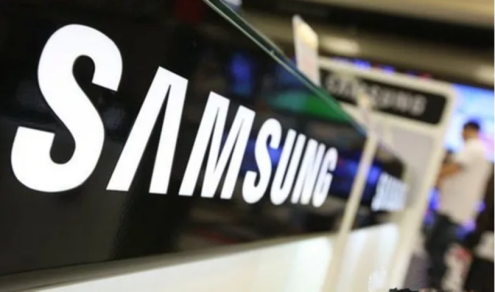
Church culture is very popular in South Korea, and the public respects all kinds of large-scale assemblies organized by the church. Many churches make profits in this way. Although the government may impose a fine on organizations that violate the rules, but for the church, the losses caused by the sudden cancellation of the event may be even greater, so there are still many assembly.
This is what happened to the Korean cult New World that have been on news for the past two days. Until midnight on the 27th, about 110,000 followers were examined, and 1638 of them have symptoms similar to pneumonia. If the epidemic continues to spread in South Korea, it would be difficult to implement blockade control nationwide, and it is difficult to stop the spread of the epidemic without large-scale compulsory control. For the local industry chain, it will undoubtedly cause a significant impact.
For large Korean companies, if the local epidemic cannot be controlled well in the short term, transferring some order capacity to foreign factories may be a way to reduce losses. Since the start of the Sino-U.S. Trade war, Southeast Asia became a popular place for many companies. Almost all those who have the ability to relocate will choose Southeast Asian countries as a safe haven to escape the endless tariff dispute.
As of now, Samsung has established 8 production bases in Vietnam. Currently, two-thirds of its smartphones are produced in Vietnam, and LG has also closed its South Korean production line and moved its production to Vietnam and Brazil.
But Vietnam may not walk away from the novel coronavirus.
Vietnam ’s Ministry of Industry and Trade said in a recent e-mail statement: “Due to the damage caused by the epidemic, car, electronics and mobile phone manufacturers have encountered difficulties in obtaining supplies and materials.” Vietnam relies greatly on China in terms of materials and equipment, which made the country vulnerable during the outbreak.
It is known that currently 30% of the parts required by Samsung’s production base in Vietnam come from China. And Hong Sun, vice chairman of the Vietnam-South Korea Chamber of Commerce, also said that many Korean manufacturers’ inventory in Vietnam can only last for 2 to 4 weeks. At present, the main production parts of the Samsung Galaxy S20 series are all urgently airlifted by Samsung to the Vietnam plant.
Some South Korean manufacturers said that due to the epidemic situation in China and South Korea, the sales of SD cards and micro SD cards in the nandflash market have slowed by almost 50%, and their target sales have been revised down by about 14%. At the same time, the epidemic situation has severely hindered the import and export logistics, the delivery of materials has been extended while prices have risen.
In addition, China is South Korea ’s largest export market, accounting for more than 25% of South Korea ’s total exports. In terms of imports, Korean companies are highly dependent on China’s intermediate manufactured goods because China accounts for more than 40% of Asia’s global supply chain. Major South Korean manufacturers and their subcontractors have cut off their supply chains and must stop production. Although some Chinese factories have resumed work, many companies still lack supply.
The outbreak also taught Korean companies a lesson. Internally, in addition to responding quickly and formulating basic prevention and control measures, an emergency response to the worst-case financial buffer plan is required. Externally, a diverse supply chain system needs to be established to reduce dependence on individual countries. There are still many emergencies in the future, and sound emergency measures are a solid foundation for stabilizing the extraordinary period.



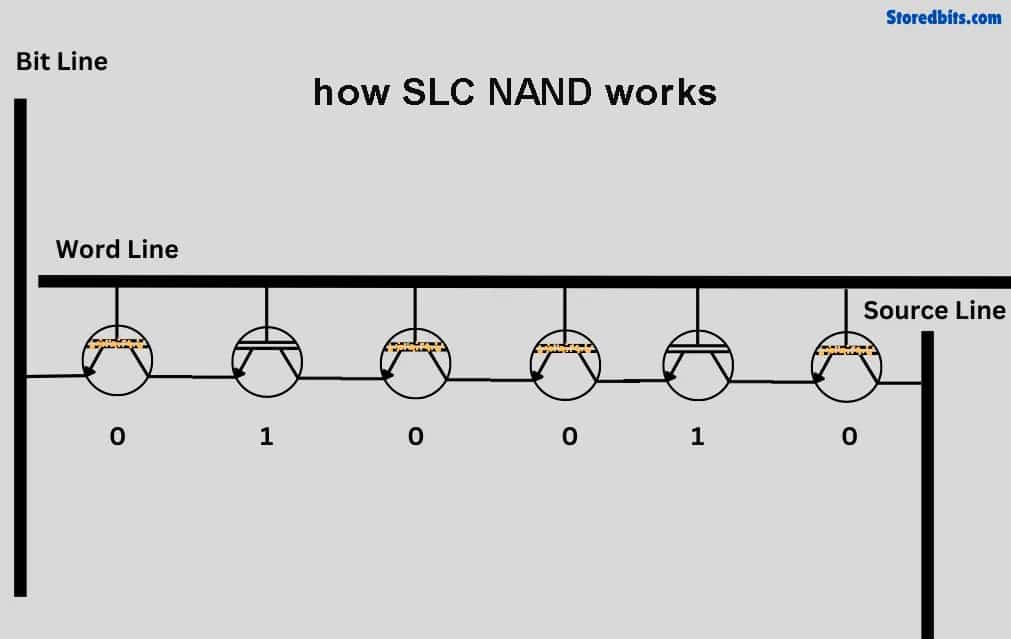
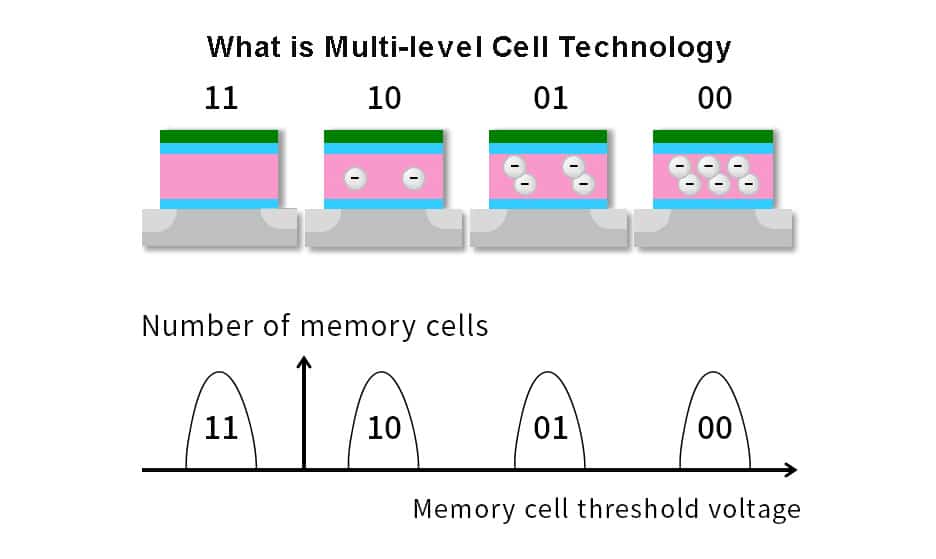






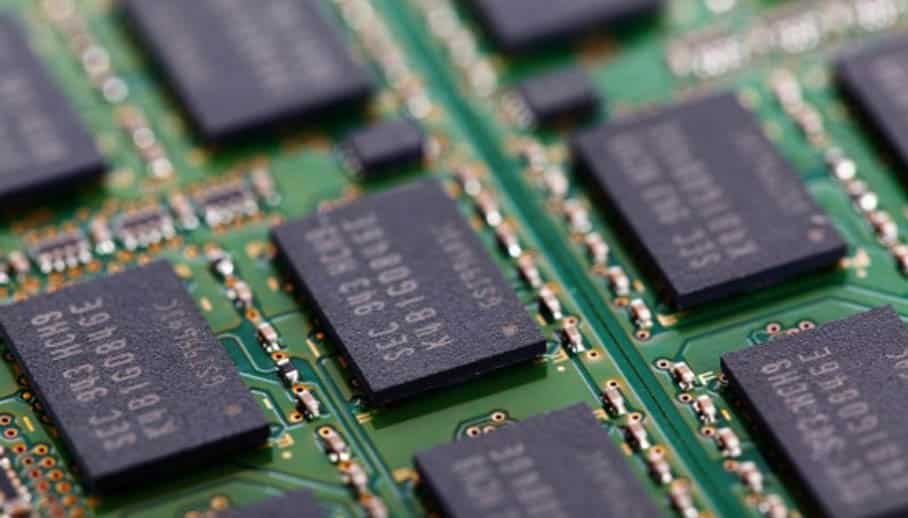


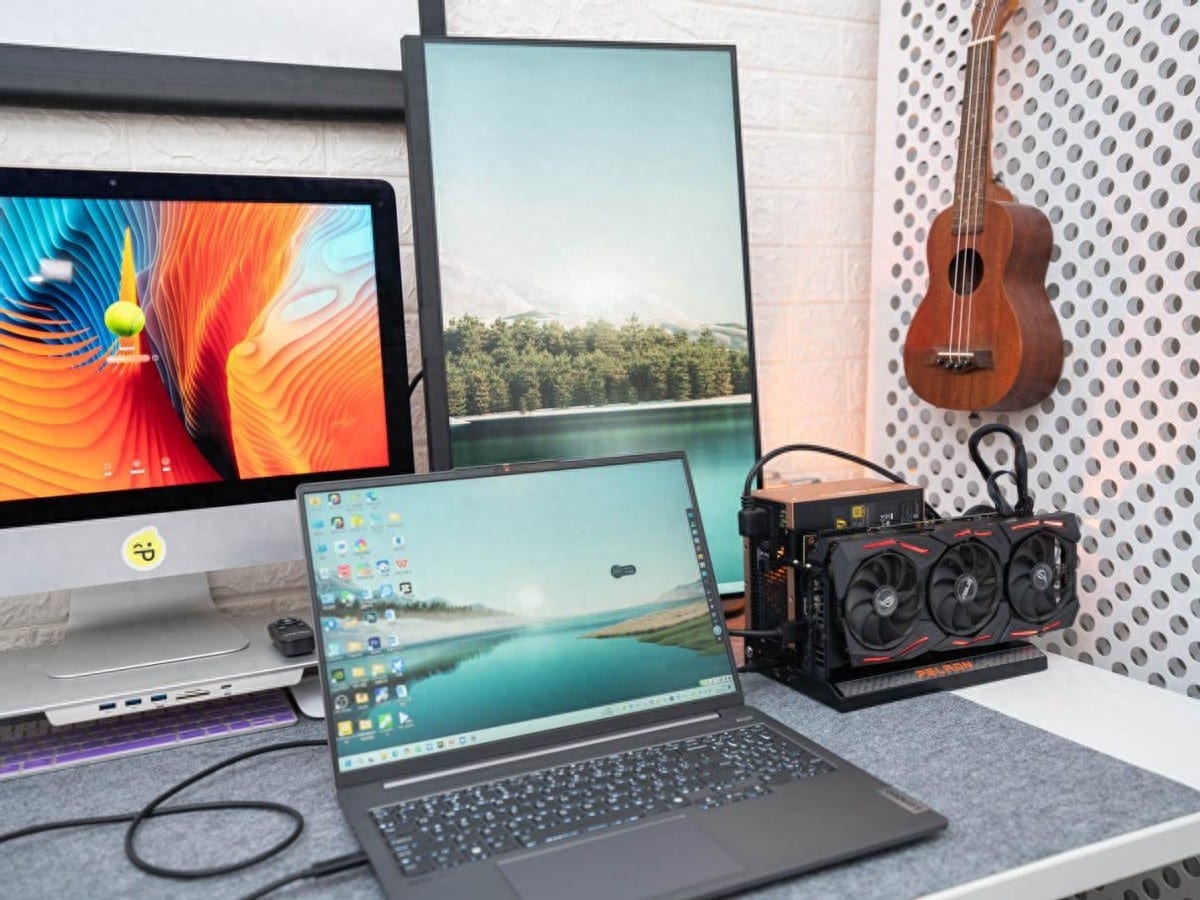
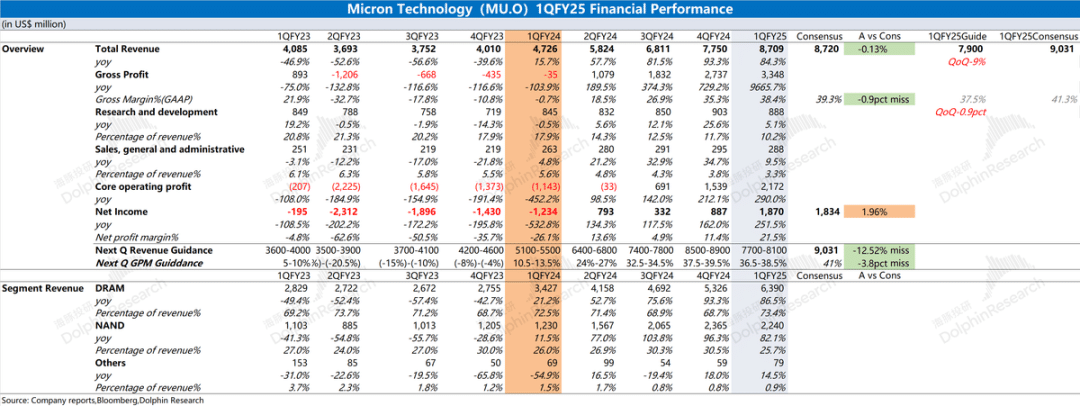
Leave a comment